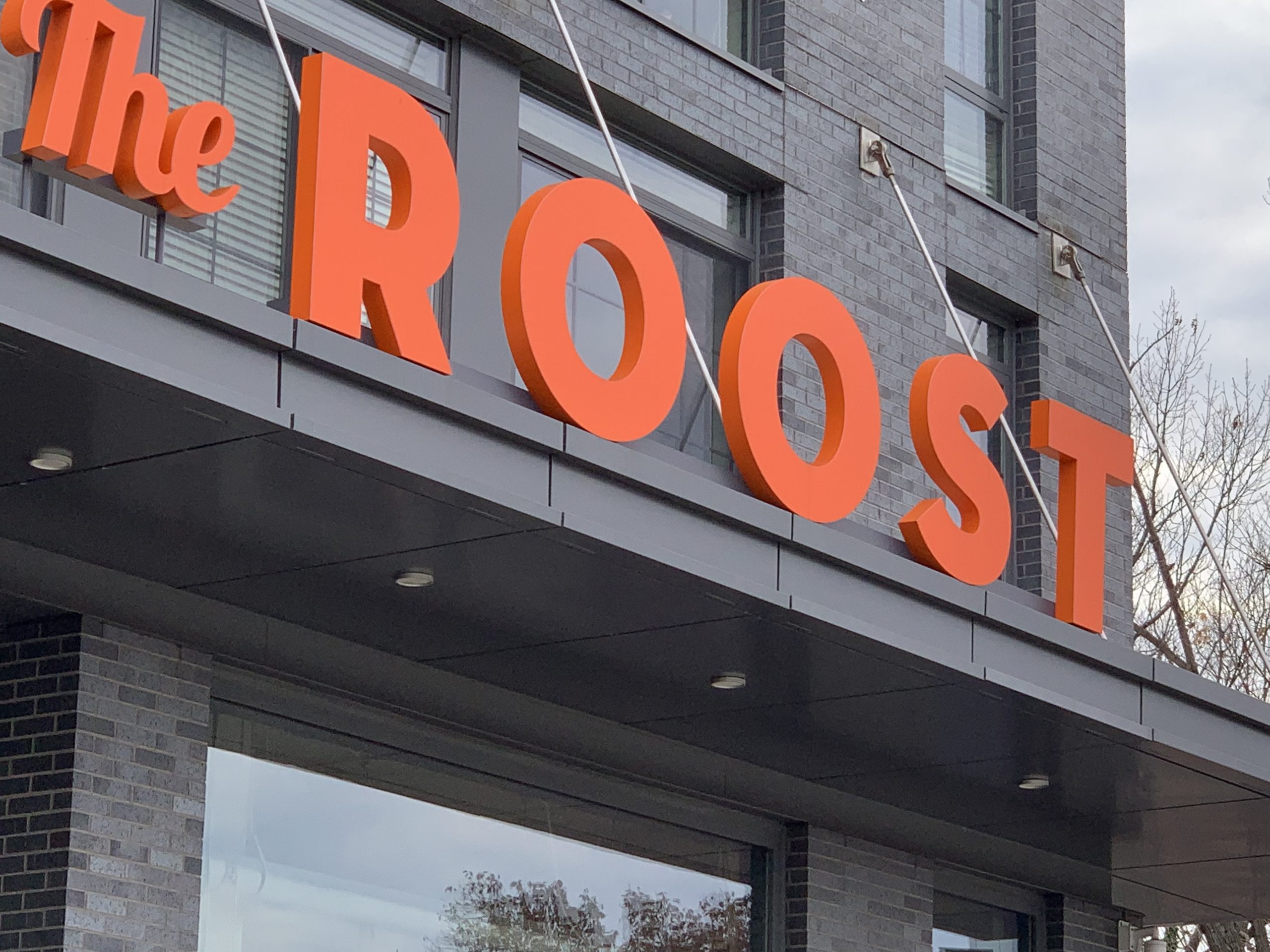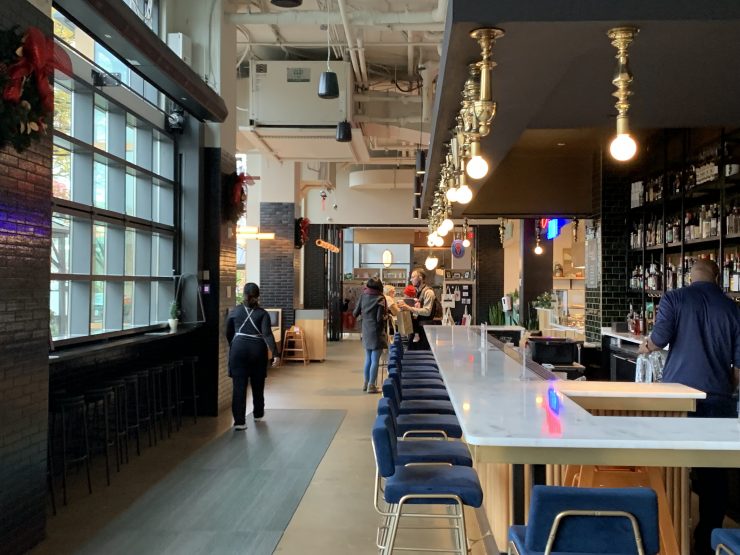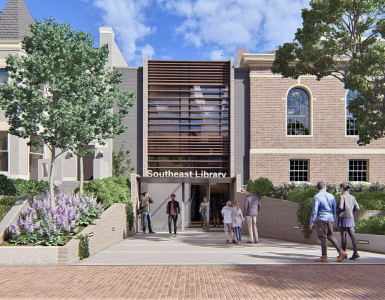Advocates to raise the minimum wage for tipped workers in Washington, D.C., are gathering signatures three years after D.C. Council rejected a similar proposal.
The new proposal, Initiative 82, aims to incrementally raise the minimum wage of workers who receive tips to full parity with the District’s general minimum wage by 2027.
Under D.C. law, minimum wage is $15.20 per hour. Yet tipped workers only make $5.05 per hour, with the assumption that tips will make up the difference. Ryan O’Leary, an organizer for the national advocacy group One Fair Wage and spearhead of the initiative, said the challenges caused by COVID-19 made people rethink that dichotomy.
“It’s clear that the pandemic changed a lot of peoples’ perspectives when it comes to work,” O’Leary said. “I think it really gave people pause to think about what they really want to do for work and what their time is really worth.”
O’Leary said the support his group is receiving for Initiative 82 already seems to outweigh that of Initiative 77, the 2018 bill that passed as a ballot initiative but was ultimately voted down by council.
Though it faces criticism by some in the service industry, O’Leary said the initiative is well on its way to receiving the roughly 26,000 signatures it needs by March to appear on D.C.’s June 2022 Democratic primary ballot.
Raise wages or decrease wages?
The last time the federal minimum wage for tipped workers was raised was 30 year ago, to $2.13 per hour, according to the Economic Policy Institute.
“To me, that’s absolutely ludicrous,” said O’Leary, who is also a former service industry worker.
Initiative 77 relied on a similar argument during its campaign in 2018. Yet while it passed via city-wide referendum 55% to 45%, it was criticized for having the potential to decrease wages rather than raise them.
D.C. law mandates that employers must compensate tipped workers the difference between their wages and the $15 per hour wage if the workers don’t make the difference in tips.
Initiative 82 has near-identical language to Initiative 77, according to reporting by Axios. The only difference is language in the new proposal that tips are property of workers and that they will be in addition to their guaranteed wages.
According to O’Leary, many tipped workers in the District already earn more than $15 per hour with tips. Some of those workers argued in 2018 that raising their minimum wage to $15 an hour would dis-incentivize customers from tipping altogether, ultimately costing the workers money compared to their current wages.
Brian-David Daigle, director of operations for the Neighborhood Restaurant Group, said he worries Initiative 82 could have the same effect. The Neighborhood Restaurant Group represents 27 businesses in D.C., Virginia, Maryland and New York, including The Roost in Capitol Hill.

Daigle said the current labor shortage has been the biggest challenge for restaurants recovering from the pandemic. If the initiative is implemented and customers are dis-incentivized from tipping, Daigle said, it may be even harder to find workers.
Along with other restaurant owners in the District, Daigle worries that businesses may be forced to raise prices to accommodate for the increased guaranteed wages, a prospect that harms all parties.
“Anything that would pay people more is a direction I want to go in. There have been too many years of inequality in the workforce in restaurants,” Daigle said. “[But] I think there should and could have been more thought and discussion put into the development of the initiative, as it may help some businesses, but will cause catastrophic situations for others.”
Yet O’Leary said one just has to look at states without sub-minimum wages to counter those views.
In California, for example, O’Leary said workers make $13 or $14 per hour in addition to tips, depending on the size of the business. He argued the wage increase there had little-to-no effect on the willingness of customers to continue tipping.
While he also sympathizes with restaurants that may be forced to change business models if the initiative passes, O’Leary said similar accommodations already occur on a regular basis in the service industry.
“Business owners have to make logistical changes all the time, for things like seasons, weather, low-business months, and especially for things like the pandemic,” O’Leary said. “I have no doubt they’ll adjust.”

Increasing support
Marci Greene is a former waitress who lives in Capitol Hill. She said she didn’t support Initiative 77 in 2018 because she was concerned that her wages would ultimately decrease if it passed.
While Greene said she’s still researching the new initiative, she said she’s become much more open over the past several years to raising the guaranteed wage.
Among other reasons, Greene said the pandemic helped her realize just how low the wages are for such a physically and emotionally demanding job.
A survey of 300 D.C. bartenders and servers released by One Fair Wage and other advocacy groups in September found that 88 percent supported the new initiative. A fact that O’Leary said he’s encountered regularly throughout the campaign thus far.
“I haven’t encountered a single worker yet who regretted supporting Initiative 77,” O’Leary said. “But I have encountered many workers who regretted not supporting it.”















Add comment